How About This Presents Leisha Toory
Meet a NL university student on a mission to provide affordability, accessibility and safety of menstrual products in her adopted country.
Welcome to Atlantic Canada Mondays, a regular feature of How About This where we interview interesting residents of the Canadian provinces of New Brunswick, Nova Scotia, Prince Edward Island and Newfoundland and Labrador. Today’s subject is Leisha Toory, a NL based university student who works hard to meet an important need in her province and beyond. She is the driving force behind Period Priority, helping to ensure that menstrual products are available to those in need.
Here’s Leisha!
How long have you been a resident of NL and what is your main day to day activity?
I have called NL home for 3 years now and I am a full time international undergraduate at Memorial University.
Period Priority appears to be your main volunteer focus. Could you tell us the story of what this initiative is about and what has happened to date?
An advocate for menstrual equity, the Period Priority Project thrives to make a difference with each donation so that there is one less person who has to worry about affordability, accessibility and safety of menstrual products.
Within 5 months, 12,031 menstrual products have been distributed across 22 shelters in St. John's, Gander, Marystown and shipped to Nain, Rigolet, Yukon, Lennox Island First Nation in Prince Edward Island, Happy Valley Goose Bay, Saskatchewan, Nova Scotia and Edmonton. 6 free menstrual products stations have also been set up in 6 gender inclusive washrooms at Memorial University of Newfoundland and Labrador. As Hurricane Fiona Relief, 2052 menstrual products were shipped to Port Aux Basques, Burnt Islands, Stephenville and Eskasoni Mi'kmaw Nation Band Council in Nova Scotia.
I have collaborated with the Prince of Wales Collegiate (PWC) to host a reusable cloth pads sewing workshop for students; I have partnered with Social Justice Cooperative NL to distribute menstrual cups; I have also distributed 24 period underwear to students.
What do you think is the greatest barrier to overcome with your Period Priority work?
In terms of the project itself, the main focus is making menstrual products accessible to everyone who needs them because period products are still not accessible, and not affordable to many. Where there is homelessness, there is period poverty. Where there is food insecurity, there is period poverty. Where there is poverty, there is period poverty.
How I go about with this is I google different shelters and organizations, get their contact information and ask if they are currently low in period supply since some organizations have a surplus and I want to make sure that it's reaching those who need them the most. Based on the number of in-kind donations or monetary donations that I receive, usually when I'm shipping to Indigenous communities, I usually pack around 200 pads and around 200 tampons.
I also hoped to encourage period positivity through conversations on periods so that we work collectively to destigmatize the normalized culture of silence around menstruation. With the media exposure, a lot of people , between the ages of 16 to above 40, have emailed me to say that there are now confident discussions on periods at home with their parents - something that has never happened before. A week ago, someone listened to my interview on the radio and they emailed me saying that they could relate to the period shaming that I described on air and that their mother actually talked about this stigma for the first time with them and they're in their late forties. This encouraged me to keep having these conversations on important platforms to share to the folks that autonomy over one's menstrual health is a human right, access to period products is a matter of dignity, and menstruation is a normal biological function that over half of the global population experiences.
Was it a difficult transition to relocate to NL from your home country?
I wouldn't classify the transition as difficult mostly because I was excited to start this new chapter of my life as an undergraduate abroad! But I came 3 months before we got the first COVID -19 case in NL and so, after March 2020, it was difficult then to process all emotions and I was juggling between trying to support my mental health on my own so that it doesn't impact negatively on myself and my studies and on the other hand, being away from my family, I had this constant heavy fear that something would happen to them and I won't be there to support and help.
It was not plain sailing to navigate through the pandemic but it's actually volunteering that helped me reconnect with the community and help me grow connections in the then-new country.
What was the most surprising thing about Canada that you learned after moving to NL?
The snowmageddon certainly changed my perspective of what winter looks like in Atlantic Canada but nonetheless, it was an experience!
I also had a few culture shocks initially; we have hand rails on the pavement side facing the road back in Mauritius. So when I saw it's not the case here, I felt a bit unsafe at first but gradually I got used it. Another example is the driver side is different back home!
But I have to say this, the people of Newfoundland and Labrador are one of the kindest folks I have met and I am so grateful to have made meaningful connections with so many amazing people!
Would you recommend NL to other people as a good place to live?
I definitely will! I have had a very positive experience during my years in NL. This province truly is friendly and hospitable! The support, generosity, and kindness of the people of the province are the backbone of the Period Priority Project.
What kinds of activism/public works do you want to work on in the future?
I certainly hope to have more scholarly articles drafted /published on the relationship between mental health and period poverty in Indigenous communities. I look forward to having free menstrual products dispensers at the university in the gender inclusive washrooms.
I am hopeful that with the support of the community and leaders, we can have more accessible reproductive mental health programs, sexual assault response teams , sexual health workshops and education about choices and rights, especially when it comes to bodily autonomy and consent.
What do you do to maintain a positive attitude and stay focused on your volunteer activities?
I think of it as this: I can write an essay on menstrual equity and period poverty, but when it comes to buying my menstrual products when I need them, I have the means to do so. However, there are folks out there who have to choose between food, shelter, period products or are missing school or are using socks instead of tampons or using newspaper, cardboard or raga instead of pads.
I'm not okay with the stigma. It bothers me that we do not have scholarly articles on the relationship between mental health and period poverty. It doesn't make sense to me that we don't have up to date statistics on period poverty in NL. I disagree with the normalized culture of silence that has made everyone believe that we should not talk about periods, we should accept the price of period products, or we should not ask questions about our menstrual health.
This doesn't sit right with me. I believe if I have the capacity and the privilege, I should help. That's my duty. That's my purpose. That's what makes me hopeful that changes will be implemented. And if there's anything I learnt within these 5 months , it's that if you're passionate about a cause, do not give up, give it your all and give it time.
What are your feelings about social media these days? Good/bad/indifferent?
Sometimes it depends on what content you're consuming. There's so much bullying and body shaming that goes on because people find it easier to hide behind a screen and make remarks that are detrimental to one's mental health without facing any repercussions.
There's also self care and advocacy pages that I find truly inspiring and a safe space which is rare on social media. I mostly follow different organizations who advocate for different causes because it's a learning opportunity. They post different lived experiences, statistical information, and ways to unlearn, and relearn. And I think social media is good to support local businesses: we can share the word, easily contact small businesses, and help them grow their audience!
Imagine you wake up one morning and the Internet has been destroyed. What's the first thing that you do?
I'm a 90s kid, I grew up with Pokemon pretend-phones, so I'd make an international call to let my parents know I'm okay first and foremost!
Thanks so much to Leisha for agreeing to be interviewed!





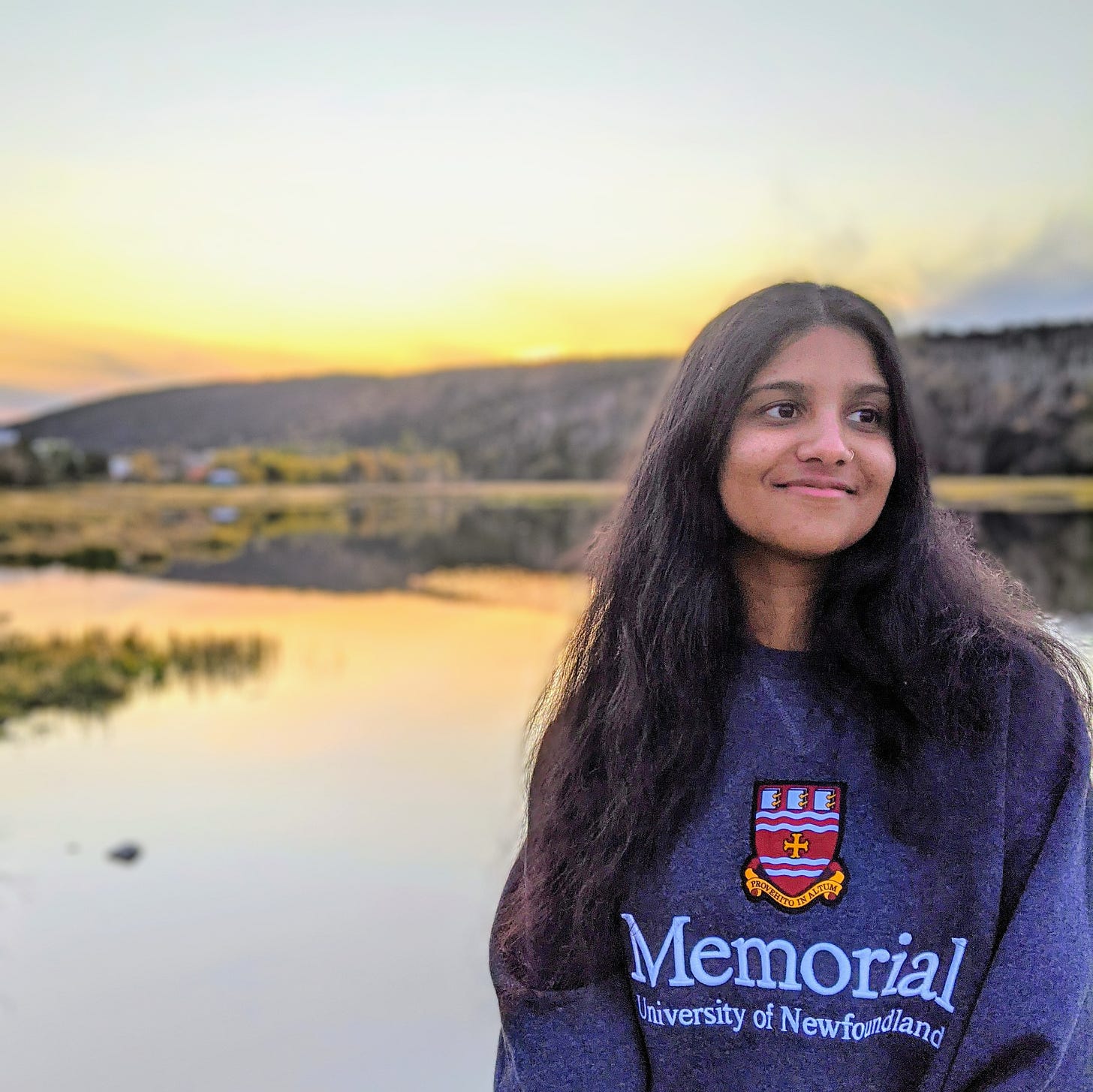
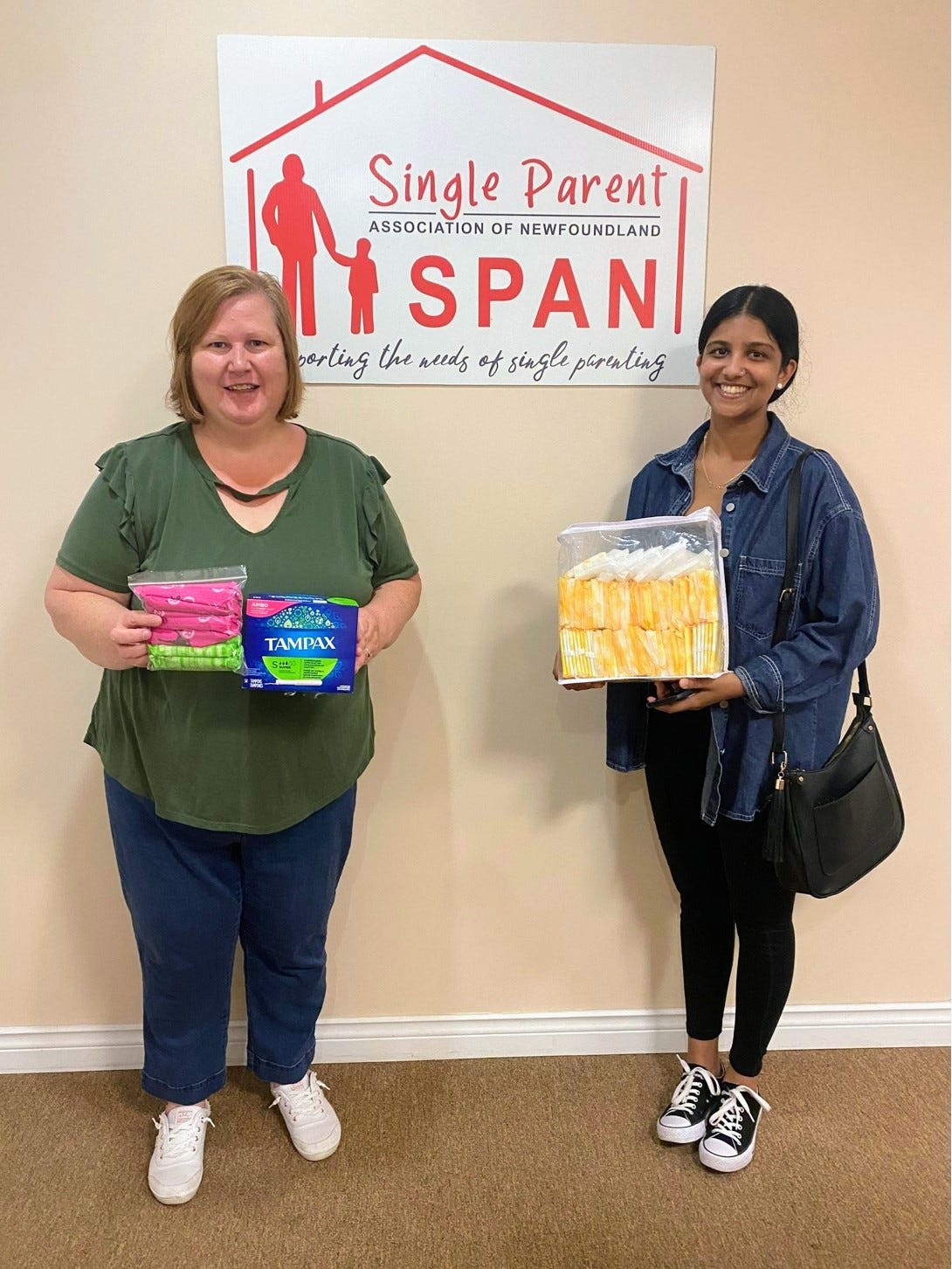
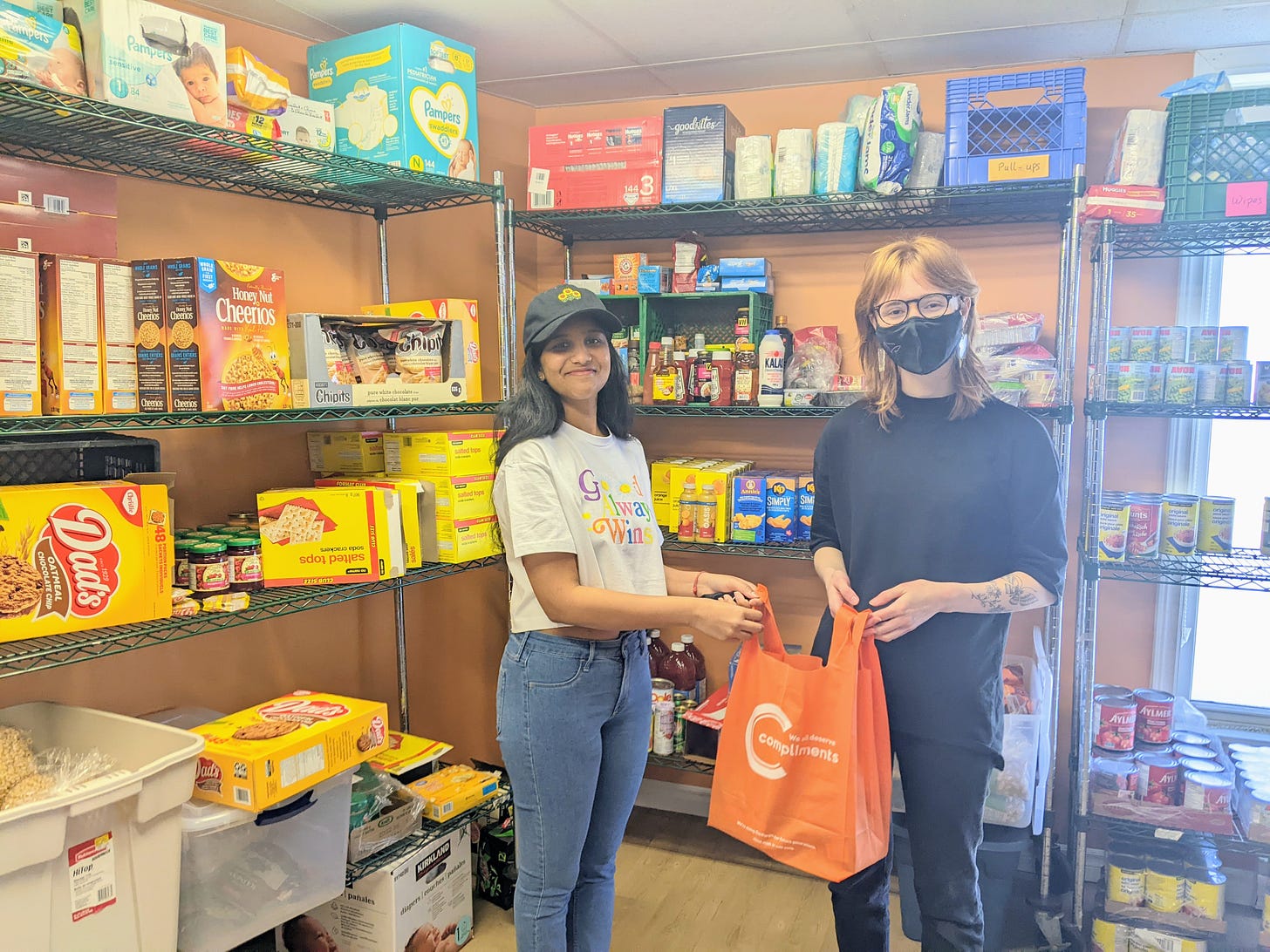
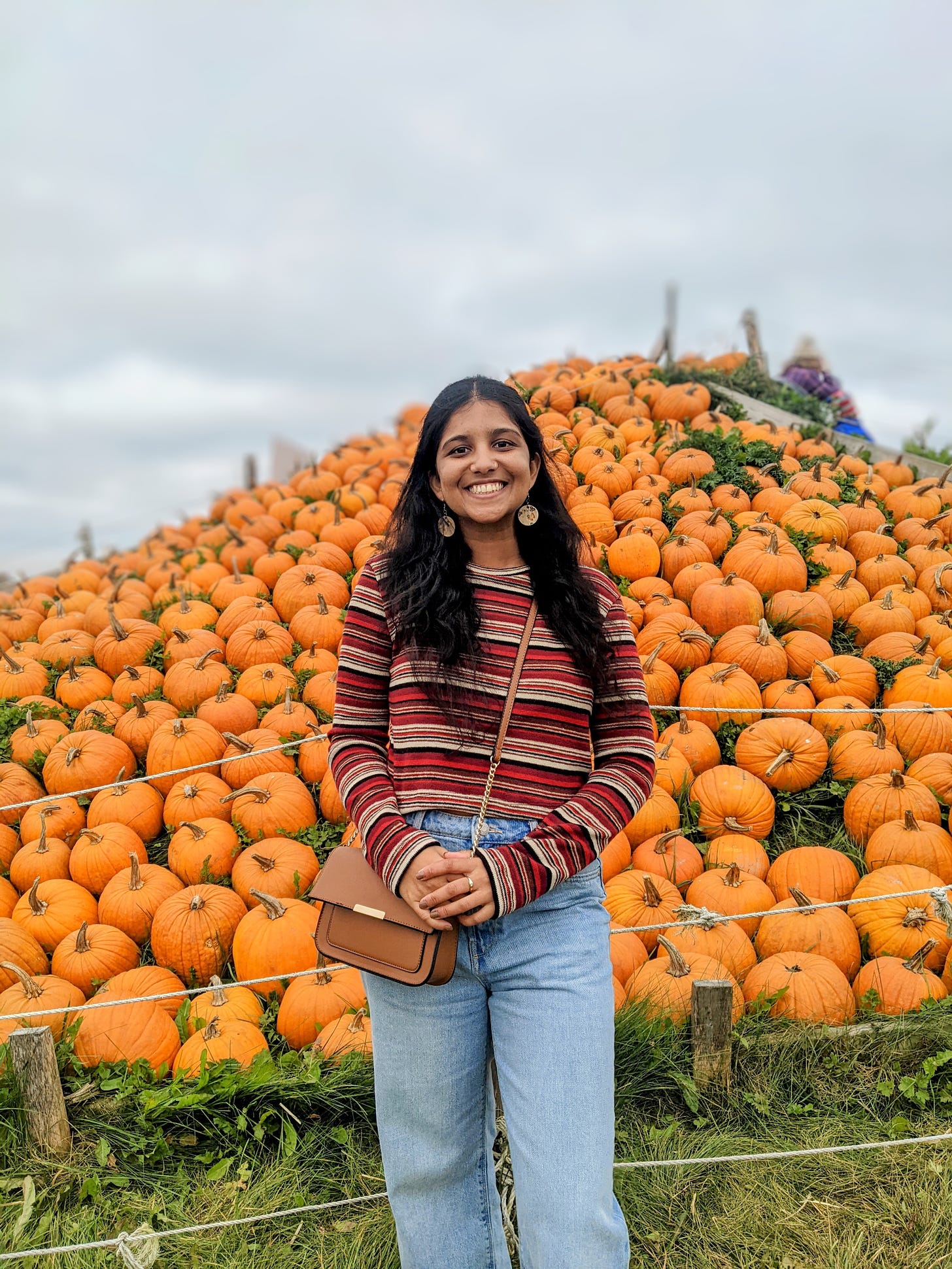
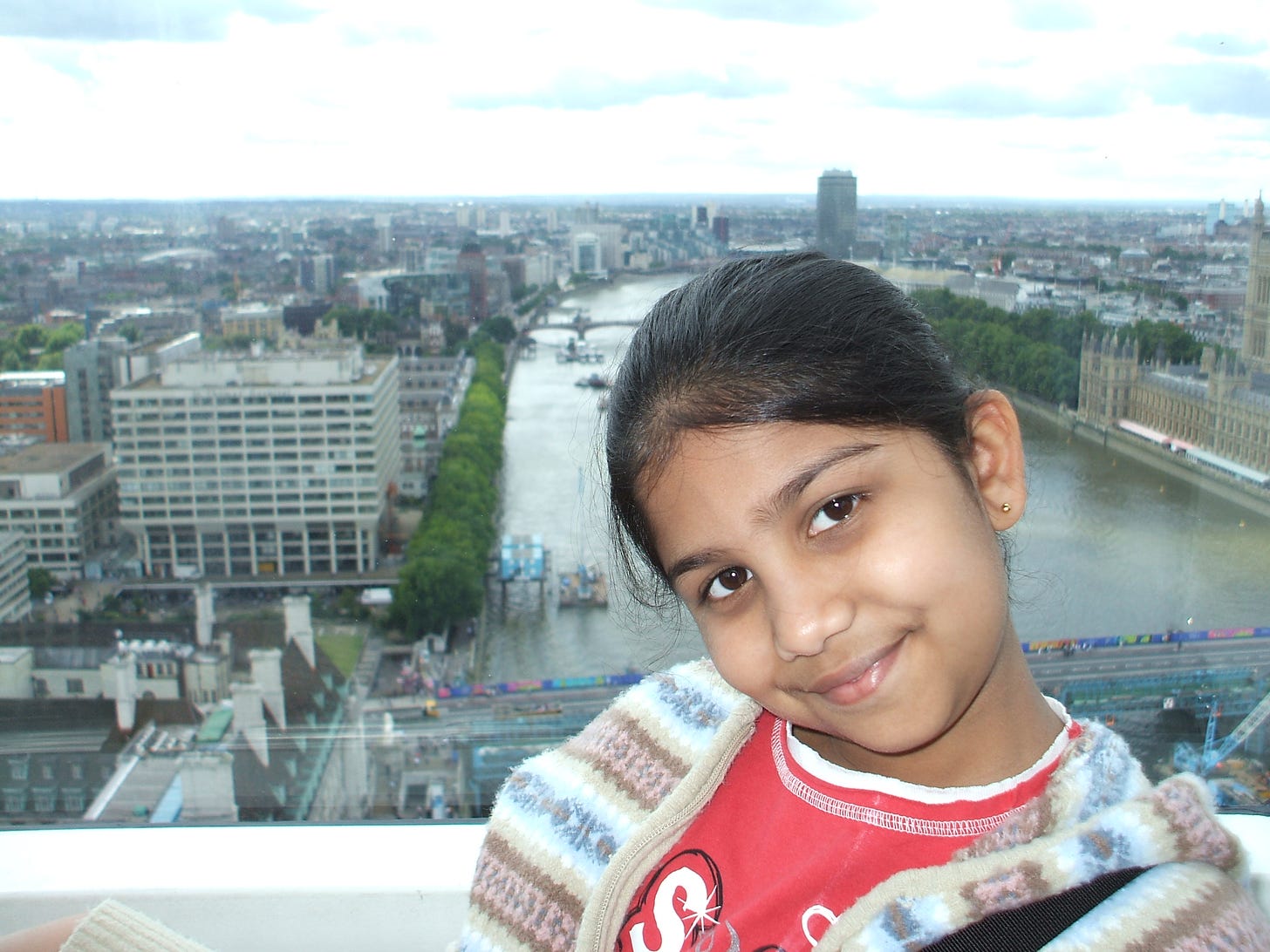
Absolutely wonderful !! I love this article and Leisha doing amazing work, kudos to her :)
Another great interview of a wonderful and impressive individual, thanks again for doing these, Mark :)